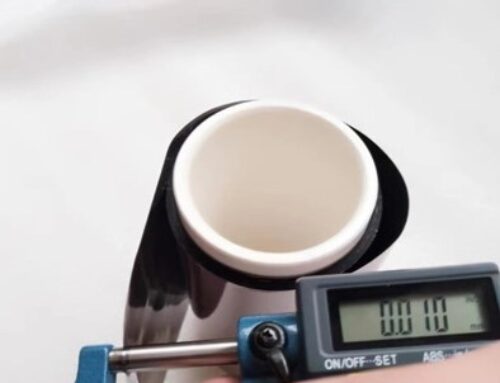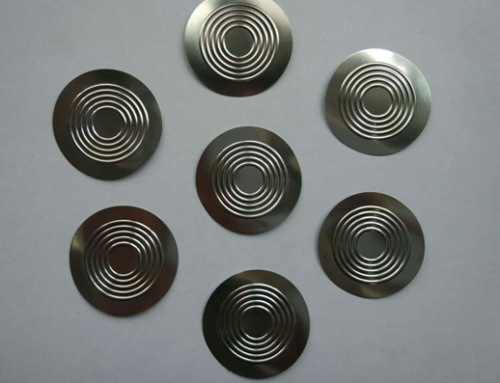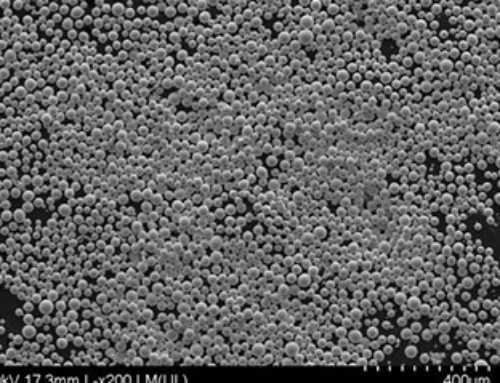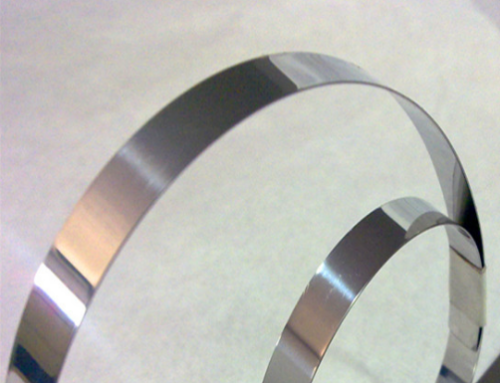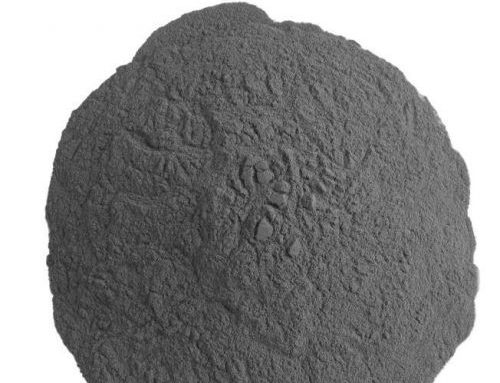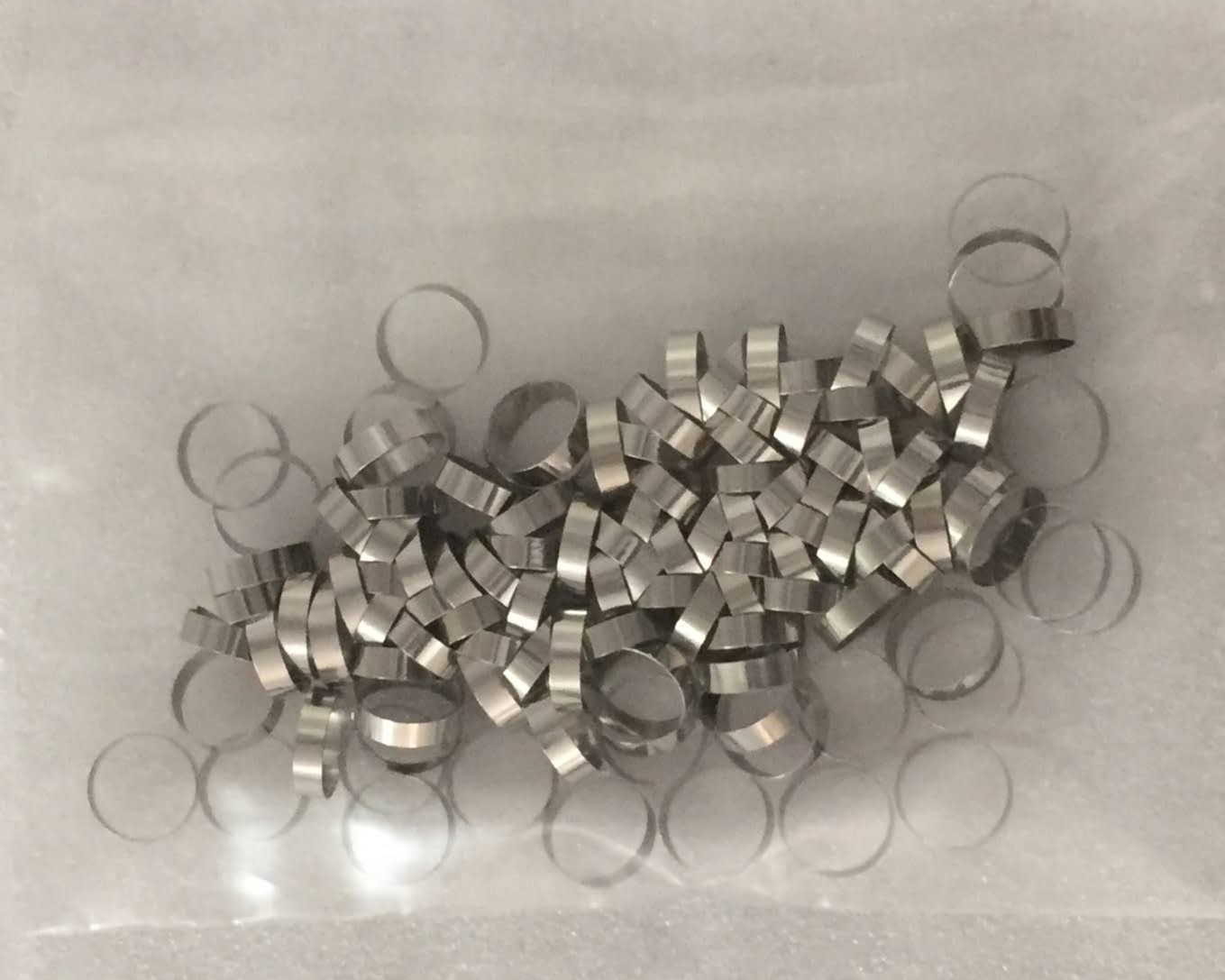
| Product | Tantalum Marker Band/Radiopaque marker band |
| Part Number | TRM-TA002 |
| Material | Tantalum R05200 |
| Density | 16.68 g/cm3 |
| Temper | As drawn or Annealed |
| CAS Number | 7440-25-7 |
Radiopaque marker bands can be used in medical device industry, like minimally invasive surgery. And it is typically made from the high density metal, such as platinum, Pt/Ir, gold and tantalum. In addition, Tantalum is highly bio-inert and is used as an orthopedic material, which making it useful for prosthetic hip implants. Because tantalum is non-magnetic, these implants are considered to be acceptable for patients undergoing MRI procedures.
After that, Tantalum Marker Band is a substitute of the Platinum (Pt) and Pt/Ir Marker Band, due to its lower cost. Our seamless tubing for radiopaque marker bands conforms to stringent dimension tolerances and high quality level. Please do not hesitate to contact us for more details. We can offer tantalum, gold, platinum, and Pt/Ir marker bands.
Application: Radiopaque marker band, which can be used as a part of medical devices.
Assay
| Element | Pure Tantalum ASTM B521 UNS R05200 |
|---|---|
| O | 0.0150% max |
| C | 0.0100% max |
| N | 0.0100% max |
| H | 0.0015% max |
| Fe | 0.0100% max |
| Ni | 0.0100% max |
| Si | 0.0050% max |
| Ti | 0.0100% max |
| Mo | 0.0200% max |
| W | 0.0500% max |
| Nb | 0.1000% max |
| Ta | Remainder |
Typical Size Available (Please inquire for details)
| Dimensions | Range | Typical Tolerance |
|---|---|---|
| Outer Diameter (OD) | 0.008”-0.3” | +/-0.008” |
| Wall Thickness (WT) | 0.0006”-0.02” | +/-0.0004” |
| Length (L) | 0.04” or As required | Plus Tolerance |
Please refer to Tantalum Capillary Tube and Tantalum Tube for larger sizes.
Order Information
Please include the following information with your inquires and orders:
1. Material: Tantalum, platinum, Pt/Ir
2. Quantity
3. Dimensions/Tolerance
4. Temper: Annealed or As drawn
Standard Packing
Wrapped in a plastic bag and loaded in a plastic tube.
| Physical properties | Tantalum (Atomic#73) |
|---|---|
| Phase | Solid |
| Melting point | 3290 K (3017°C, 5463°F) |
| Boiling point | 5731 K (5458°C, 9856°F) |
| Heat of fusion | 36.57 kJ/mol |
| Heat of vaporization | 753 kJ/mol |
| Molar heat capacity | 25.36 J/(mol•K) |

